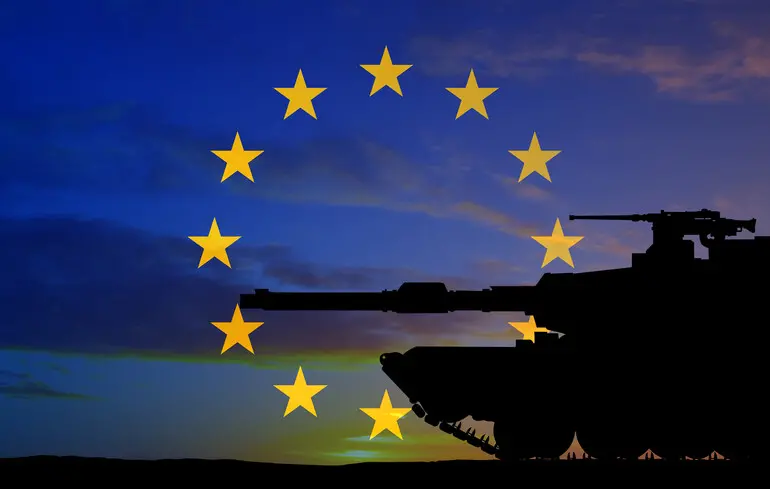EU Reaffirms Willingness to Support Ukraine’s Military Training — Contingent on Ceasefire

The European Union once again signals its readiness to intensify the training of Ukrainian military personnel, but emphasizes that such support will only be provided once active hostilities cease.
This stance was articulated by the EU High Representative for Foreign Affairs and Security Policy, Celia Malmström, during an informal meeting of Defense Ministers in Copenhagen.
She expressed support for expanding the mandate of the EU Military Assistance Mission (EUMAM), which aims to train and advise Ukrainian troops, but only after an official ceasefire agreement is reached.
Notably, French President Emmanuel Macron has previously advocated for training Ukrainian soldiers even amidst ongoing hostilities, yet the EU officially maintains that any mission should be contingent upon cessation of fighting, as a measure to contribute to security guarantees and to prevent future attacks on Ukraine.
Currently, the EU’s cooperation includes preparing around 80,000 Ukrainian troops under the EUMAM framework, with the support of 23 EU member states, Norway, and Canada.
However, changing the mission’s mandate requires unanimous approval from all 27 EU countries, a move complicated by Hungary’s veto rights due to its pro-Russian stance.
The meeting took place against the backdrop of a recent heavy Russian missile attack that damaged the EU Representation building in Kyiv, highlighting ongoing security risks and Russia’s apparent reluctance to end the war.
Lithuanian Defense Minister Dovile Šakaliene criticized the Kremlin’s tactics, claiming that Russia is only stalling by prolonging the conflict, while European countries are urged to use remaining funds from the European Peace Fund to procure military aid for Ukraine.
Most EU nations, excluding Hungary, are interested in deploying these funds for weapon supplies, whereas Budapest continues to block their use for months.
In response, Celia Malmström appealed to Hungarian Prime Minister Viktor Orbán, suggesting that these funds could be redirected toward the purchase of American weapons through new agreements negotiated last month between the US and NATO allies.
She underscored the need for Europe to take leadership in security guarantees for Ukraine and called for intensified efforts to establish reliable and effective security assurances to avoid future aggression.
The ongoing war, along with Western support and the development of security frameworks such as a potential ‘NATO-Light’ arrangement, remains central to discussions on Ukraine’s future safety after the conflict ends.

